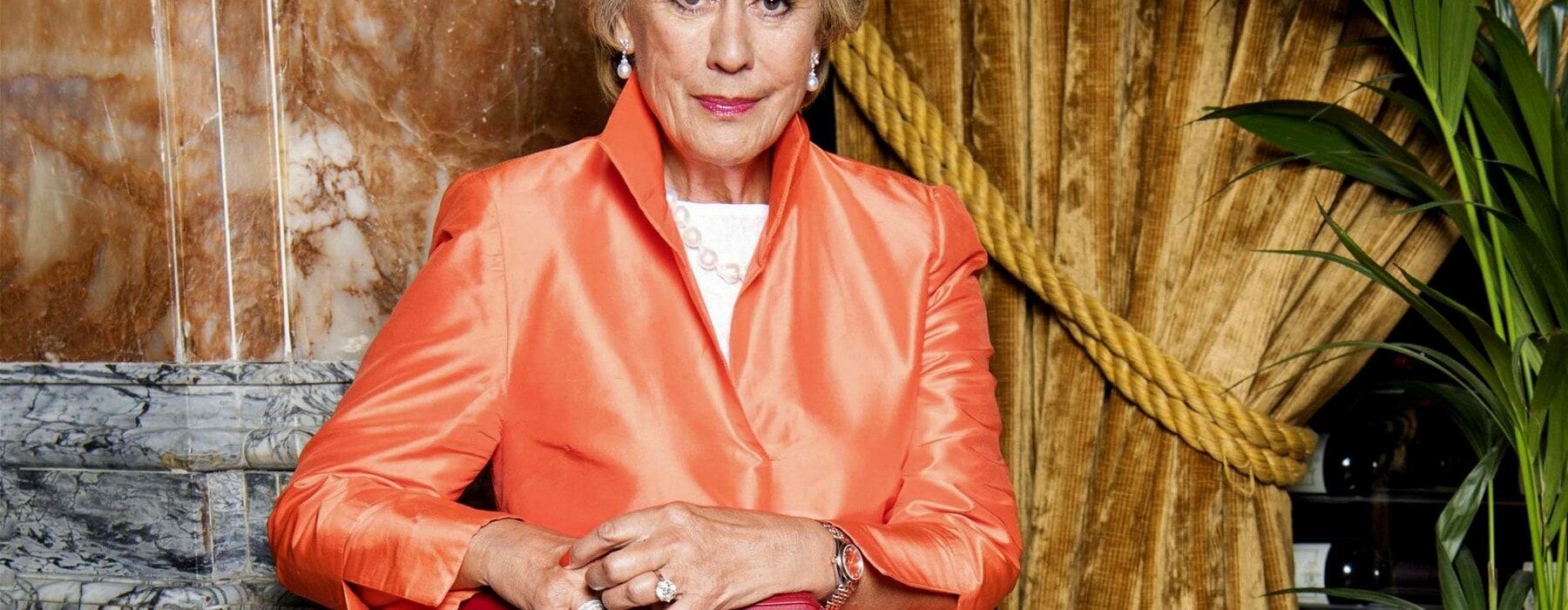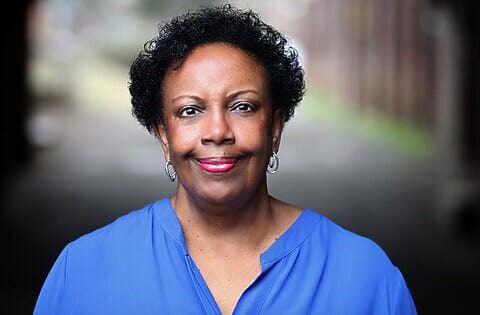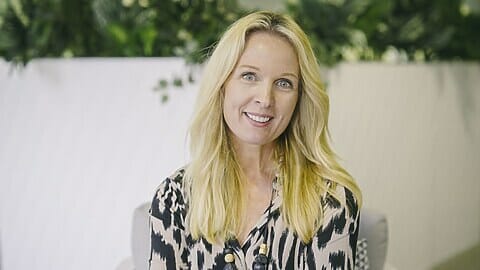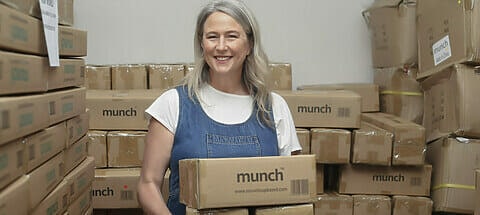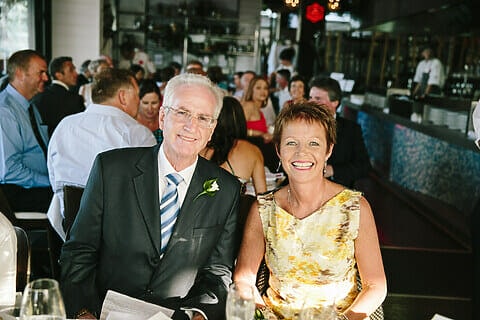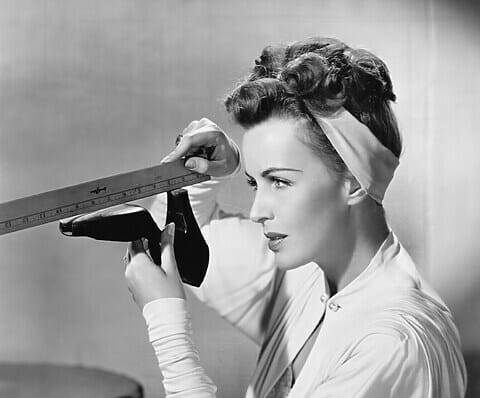Dame Kiri Te Kanawa may live on the other side of the world, but Aotearoa is never far from her mind. She talks about lockdown, and life in the Bay of Islands and the English countryside.
What was it like growing up in New Zealand?
Kiri: My parents left Gisborne when I was around 12 to move to Auckland for my singing [and] by the time I was 21, I was in England, so I didn’t put down roots anywhere in New Zealand. My time in Gisborne was spent playing in the water. My father, Thomas, worked on the roads and my mother, Nell, catered for young students coming in from the country. When we moved to Auckland, we looked over the sea, which was lovely, but by today’s standards our life was very simple.
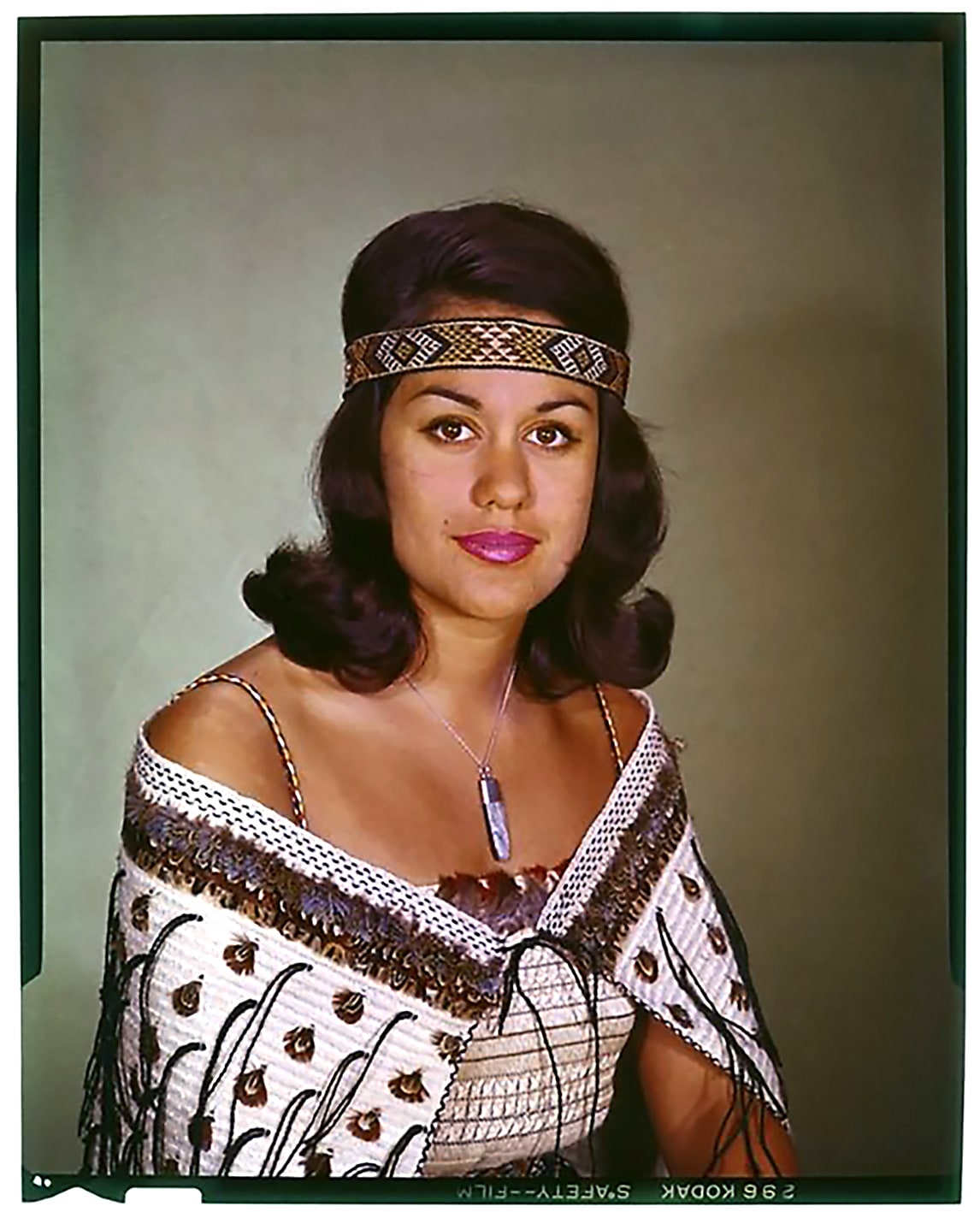
You travelled to London to study at the London Opera Centre in 1966. What was it like being in the UK during the Swinging Sixties?
I listen to the radio programmes that play the pop music from back then; Van Morrison’s [band] Them singing “Gloria” brings back my first couple of years in England. It was an amazing time, but it seemed I was always singing or training.
We have lots of young singers here at the Kiri Te Kanawa Foundation and they’re always going back to New Zealand, and I’m amazed because I couldn’t afford to go back once. At that time, phone calls to my parents were £1 a minute.
The difference between now and 50 years ago is huge. Those times of so little contact with the people you loved were quite sad. I’d have loved to have had free Skype and FaceTime with my parents.
Where in London did you live when you were an opera student?
When I first came over, I lived in Richmond, southwest London, but the London Opera Centre [in Stepney, east London] was far too far away. Then I found an apartment in Waltham Park Road in Forest Hill, so I was on the right side of the city. The people in Forest Hill were lovely – on the bus to the London Opera Centre they were all, “Hello, dahlin’”. Then a lady in Kensington’s De Vere Gardens let me have part of her house for very cheap rent.
You tried living in the city and said it wasn’t for you. What’s it like living in East Sussex?
I love the freedom. There’s fresh air, wind is blowing, sea air is blowing – blows too much sometimes. I just love that freedom of being able to hear silence, and I get a lot of it–there are no planes where I am. I’ve lived here for more than 20 years.
Do you have a favourite room?
It’s a 1930s house, nothing very extraordinary, [though] I wish it was. It’s not a particularly pretty house, but it gets the most amazing sunsets.
The kitchen is my favourite – it has a beautiful view overlooking the South Downs. I’m a keen cook, but not very good. People say they like my food, but it’s nothing like [that by] the New Zealand-fusion food pioneer Peter Gordon.
I do things that are fast, because I can’t spend too much time. I do fish chowder and schnitzel. I have a house in the Bay of Islands in New Zealand where we get a lot of fish; it’s nice to have fresh fish and chips. I like spare ribs – I marinate them and put them on the barbecue. And I’ve got a wonderful recipe from Sir Georg Solti, the conductor: rice cooked with onions and saffron – it goes with everything.
Do you enjoy entertaining?
Danielle de Niese, the soprano, isn’t too far away and we see her from time to time. We do go to Glyndebourne [opera house]. Most weekends are taken up with my students. They’ll come to my house and we’ll talk, have food, listen to music. We give them a life over here, which I didn’t have when I was starting out in this country.
Who would attend your dream dinner party?
First on the list would be Nelson Mandela, who I’ve met, then our own New Zealand prime minister, Jacinda Ardern. Then I’d have [late poet] Emily Dickinson, the author Antonia Fraser and CNN anchor Anderson Cooper. That would be a full conversation enough – I’d just sit and listen.
What was it like playing Dame Nellie Melba in Downton Abbey?
Thank goodness I was singing, not acting. It would have been wonderful to have been taught how to be an actor. There was definitely some acting in opera training, but you have so many other things to cope with: being on stage, the costumes, singing the phrases and making phrases work.
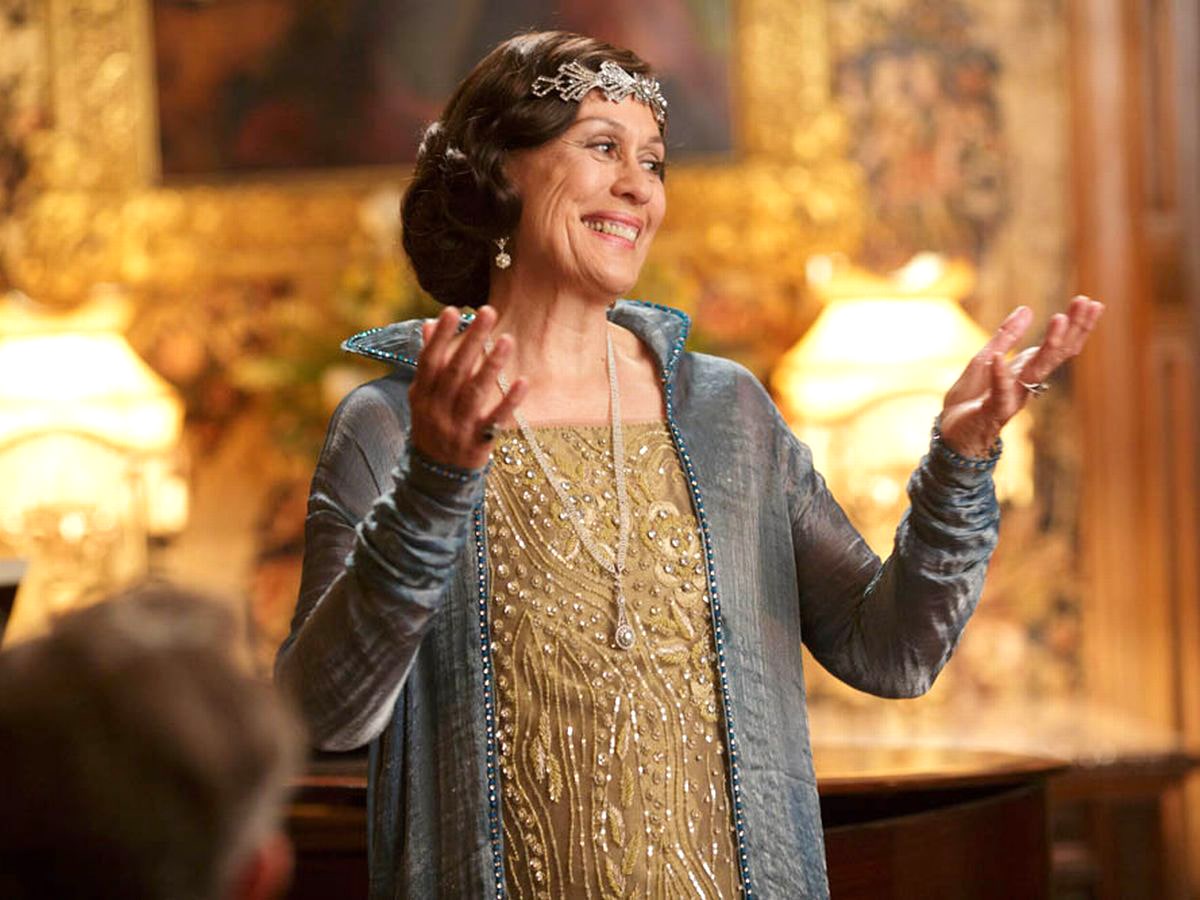
Music does tend to limit you. You have a certain time to express an emotion, and if you’ve gone past that time you haven’t expressed it at all, so you’ve lost that moment of what you should be doing in telling the story.
You said you were frightened into singing by your early teachers. Are you kinder to your own students?
My upbringing in the world of classical music was fairly tough. I had Solti, who was a very tough person. My own singing teachers were tough; most of the people seemed to be tough – unless I was too soft to work it out. I had a teacher here, Vera Rózsa, who I had for many more years than I had Sister Leo in Auckland, and she was frightening as well.
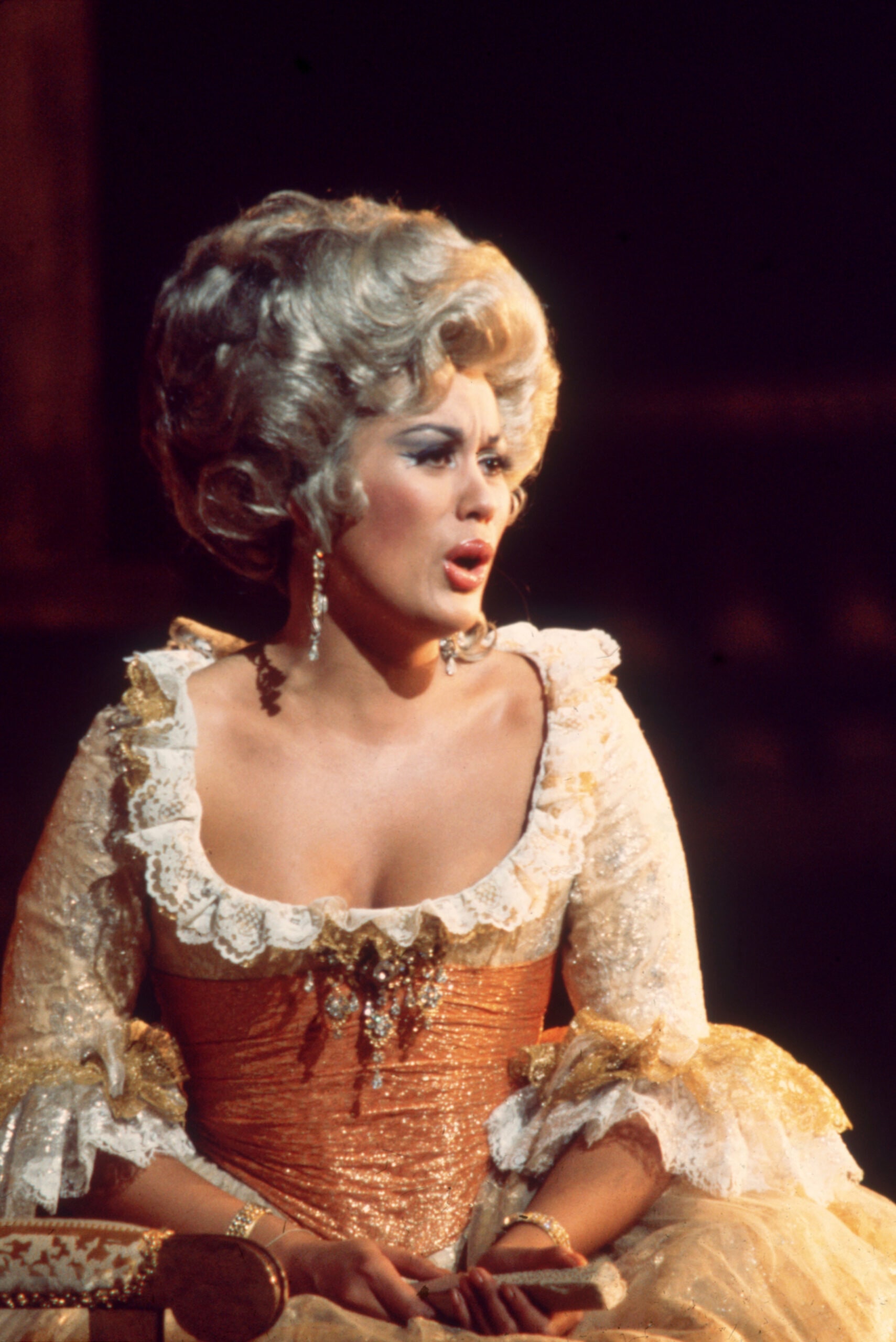
Maybe it’s not the singing teachers’ fault, but our fault for being frightened. But I do try to treat my students gently, because young students are delicate, and you must make sure you’re in the right space to tell them something. It’s a bit like my darling little doggies – in order to get them to do something, I have to treat them.
What’s your most treasured possession?
My three Pomeranian Yorkies, Abbey, Nyack and Eska. I wake up thinking about them and the day revolves around them, including ball time at four o’clock, so it has to be them.
Tell us about your garden…
Watering is the big thing – I used 10,000L in the past month! We have four 10,000L water tanks on the roof and we pump the water from there. We’re fairly self-sufficient with our own water, our own veg. We haven’t got the wine sorted yet as we haven’t got our own vineyard, but there’s one down the lane, so we’re OK.
We haven’t got the wine sorted yet as we haven’t got our own vineyard, but there’s one down the lane, so we’re OK.
Every Christmas tree I’ve ever bought is in the garden. I particularly love New Zealand cabbage trees, flax and coastal grasses, because everything that can grow on the coast in New Zealand can grow on the coast here.
How have you spent the past few months in isolation?
I was in the Bay of Islands in New Zealand and we locked down early. I couldn’t even go fishing – the coastguard would come and tell anybody who was out in a boat to go back to the marina and stay there.
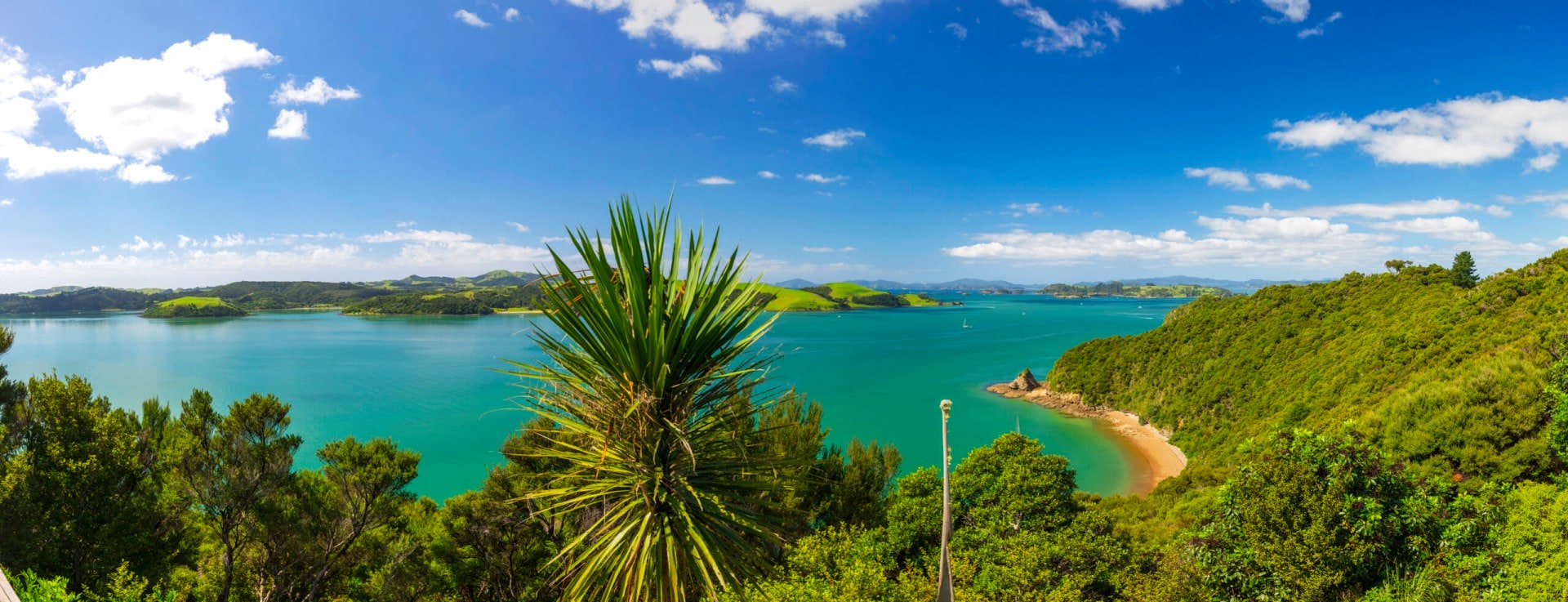
I was locked down in New Zealand for a month, then I came back to lockdown here. I’m of a vulnerable age, 76, so I’ve hardly gone anywhere for four months. We’re Zooming with young singers on a regular basis and talking to my foundation.
I tell them: “Keep focused, keep going, don’t stop, sing songs, keep a recital programme going, it’s very important.”
There are three of us friends locked down here, because we came from New Zealand together. Anybody can come to the garden, but nobody comes into the house. I haven’t been to the supermarket at all – we’ve had things delivered.
The more I listen to the news, the more I think locking down here is the right thing to do. I’m not about to go to the pub or parties, or even have dinner parties or anybody come to the house. The hairdresser has come to me, but it took a few months for them to be allowed. I don’t go out the gate if I can help it.
Any tips for others who are stuck indoors?
I do jigsaw puzzles and listen to the radio and the news, and I watch a little television, but no films. I don’t like watching films – they take a lot of time and there’s always something that breaks into them.
For me, watching opera streamed on television is not like the real thing. Having been on stage and knowing what it’s like and the ambience of audience participation, I find it quite difficult to sit and watch it on a square box.
I’ve been reading Margot Fonteyn’s biography by Meredith Daneman, and I also read lots of gardening books. The garden is very organic and ongoing – there’s always something to look up to find out what things are. Moths that I’ve never seen before have started coming in – the hummingbird hawk-moth is here. And the birdsong is just glorious because it’s so quiet here.

